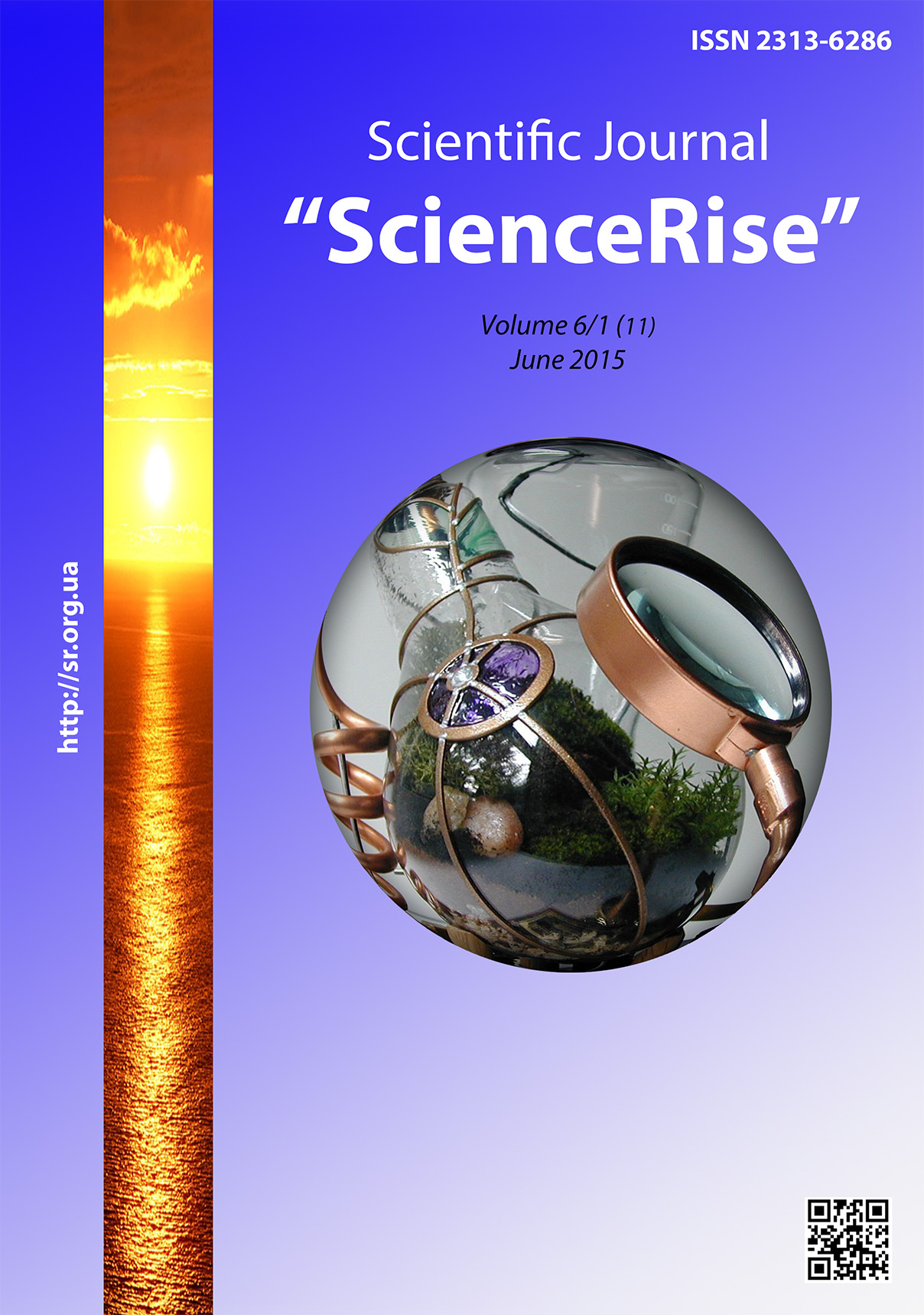Levels of use and understanding of idioms in speech of future tutors of preschool educational institutions
DOI:
https://doi.org/10.15587/2313-8416.2015.44172Keywords:
expressive speech, future tutors, idioms, cognitive enrichment criterion, preschool educational institutionAbstract
The article presents the exercises to test the levels of expressive speech of future tutors based on cognitive enrichiment criterion. The author presents the exercises to determine the level of understanding and use of idioms in speech. The article shows the positive dynamics of increasing levels of understanding and level of use of idioms in a speech on the future tutors in ascertaining and control stages of the experiment
References
Markotenko, T. S. (2011). Uvyraznennia movlennia maibutnikh vykhovateliv doshkilnykh navchalnykh zakladiv sotsialno-obriadovymy frazeolohizmamy. Odesa, 20.
Prokopenko, L. I. (2005). Uvyraznennia movlennia maibutnikh uchyteliv istorii profesiino-oriientovanymy frazeolohizmamy. Odesa, 20.
Kalmykova, L., Mysan, I. (2014). Psyxolingvistychni aspekty frazeologiyi yak teoretyko-metodologichni zasady zbagachennya movlennya ditej ekspresyvno-stylistychnymy zasobamy movy. East European Journal of Psycholinguistics, 1, 66–74.
Mysan, I. V. (2012). Frazeologizmy u formuvanni vyraznosti j nacionalnogo kolorytu movlennya. Teoretyko-metodychni zasady peredshkilnoyi osvity v suchasnomu osvitnomu prostori. Mykolayiv: Vyd-vo «Ilion», 90–92.
Mysan, I. V. (2013). Psyxolingvistychnyj ta lingvodydaktychnyj aspekty frazeologiyi. Visnyk Luganskogo nacionalnogo universytetu imeni Tarasa Shevchenka. Pedagogichni nauky, 13 (272), III, 275–282.
Rudenko, Yu. A. (2015). Texnologyya razvytyya virazytelnosty rechy budushhyx vospytatelej doshkolnix uchebnix uchrezhdenyj (po materyalam formyruyushhego eksperymenta). Koncept, 04. Available at: http://e-koncept.ru/2015/15128.htm
Downloads
Published
Issue
Section
License
Copyright (c) 2015 Юлія Анатоліївна Руденко

This work is licensed under a Creative Commons Attribution 4.0 International License.
Our journal abides by the Creative Commons CC BY copyright rights and permissions for open access journals.
Authors, who are published in this journal, agree to the following conditions:
1. The authors reserve the right to authorship of the work and pass the first publication right of this work to the journal under the terms of a Creative Commons CC BY, which allows others to freely distribute the published research with the obligatory reference to the authors of the original work and the first publication of the work in this journal.
2. The authors have the right to conclude separate supplement agreements that relate to non-exclusive work distribution in the form in which it has been published by the journal (for example, to upload the work to the online storage of the journal or publish it as part of a monograph), provided that the reference to the first publication of the work in this journal is included.

